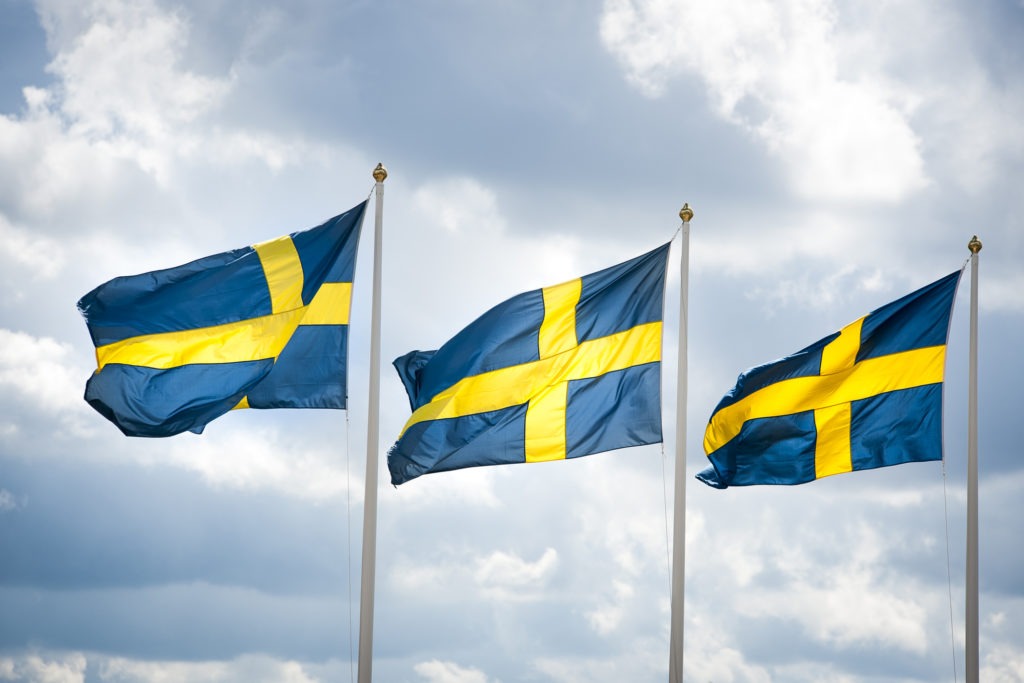Sweden to ban petrol and diesel as pressure mounts on Germany
23 January 2019

23 January 2019
Sweden is the latest country to announce it is banning the sale of petrol and diesel internal combustion engine (ICE) cars.
The country’s Prime Minister, Stefan Löfven, has declared that no more ICE cars will be sold after 2030. This brings it in line with fellow Scandinavian countries as Norway plans for a ban in 2025 and Denmark in 2030.
The purpose of the plan is to reduce exhaust emissions and to accelerate efforts to achieve the goals of the Paris climate agreement, said the newly appointed Prime Minister in Parliament during the presentation of the new Cabinet. The Swedish Government also outlined a plan for the development of a network of charging stations for electric vehicles across the country. This is part of a wider plan for the country to be free of fossil fuels from 2050.
Sweden has become the tenth country to announce a petrol and diesel ban, with bigger markets France and the UK concentrating on 2040 to implement their bans.
Environmental group Greenpeace welcomed the move by Sweden while calling on other big automotive markets to put plans in place to phase out petrol and diesel vehicles. Transport expert Marion Tiemann pointed out that Germany, home to a large portion of the world’s automakers, was lagging since German Federal Transport Minister Andreas Scheuer (CSU) has yet to present concrete transition goals. ′It is clear that without a phase-out date for diesel and gasoline engines he will not be able to meet climate targets,’ Tiemann believes.
German resistance
These thoughts are echoed by Germany’s National Platform for the Future of Mobility (NPM). The group, established by the country’s Government, urged the administration to introduce mandatory sales quotas for electric vehicles (EVs) and plug-in hybrid (PHEVs) of 25% in 2025 and 50% in 2030. The experts also called for a general speed limit of 130kph on motorways and increased taxation of petrol and diesel, which in turn could finance subsidies of €8,000 for the buyers of electric cars.
However, Germany’s Federal Ministry of Transport and Digital Infrastructure has ridiculed the proposals on Twitter, together with suggestions of increasing tax on diesel fuel, as ′neither socially nor economically responsible.’ Transport Minister Andreas Scheuer has cancelled the Commission’s next meeting.
The country has been described as being very loyal to its automotive industry, which has relied heavily on diesel sales for many years. Introducing a ban on petrol and diesel vehicles could upset some of the biggest German businesses. Already, there is tension over the suggestion that manufacturers pay for diesel retrofitting, with agreements for a €3,000 per vehicle payment towards new exhaust systems having taken some time to complete.